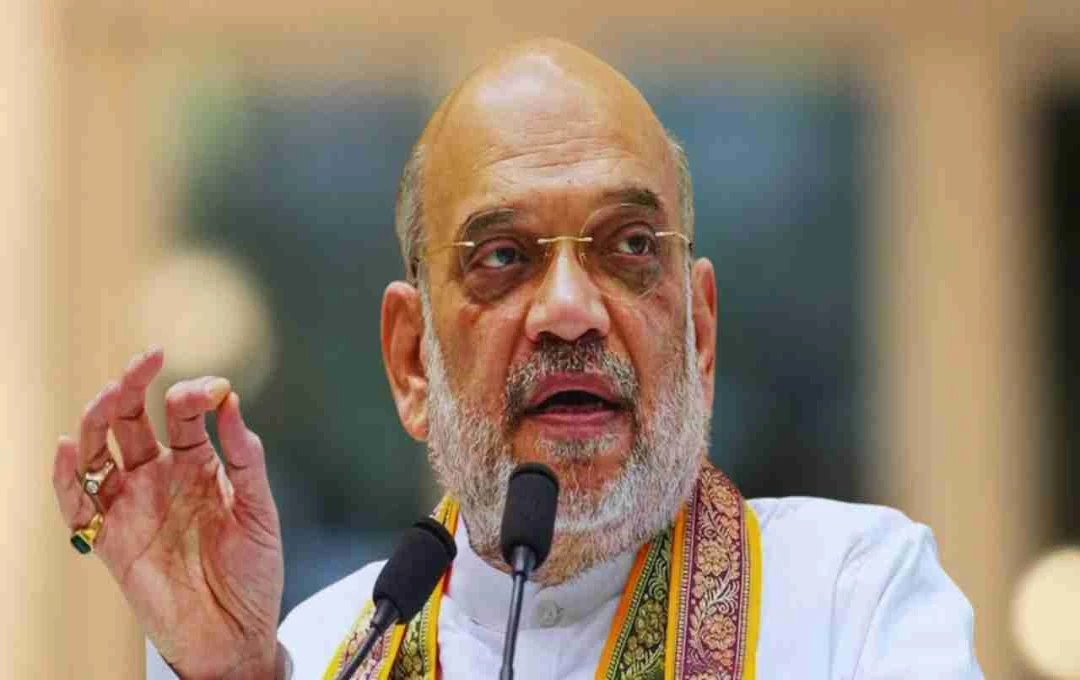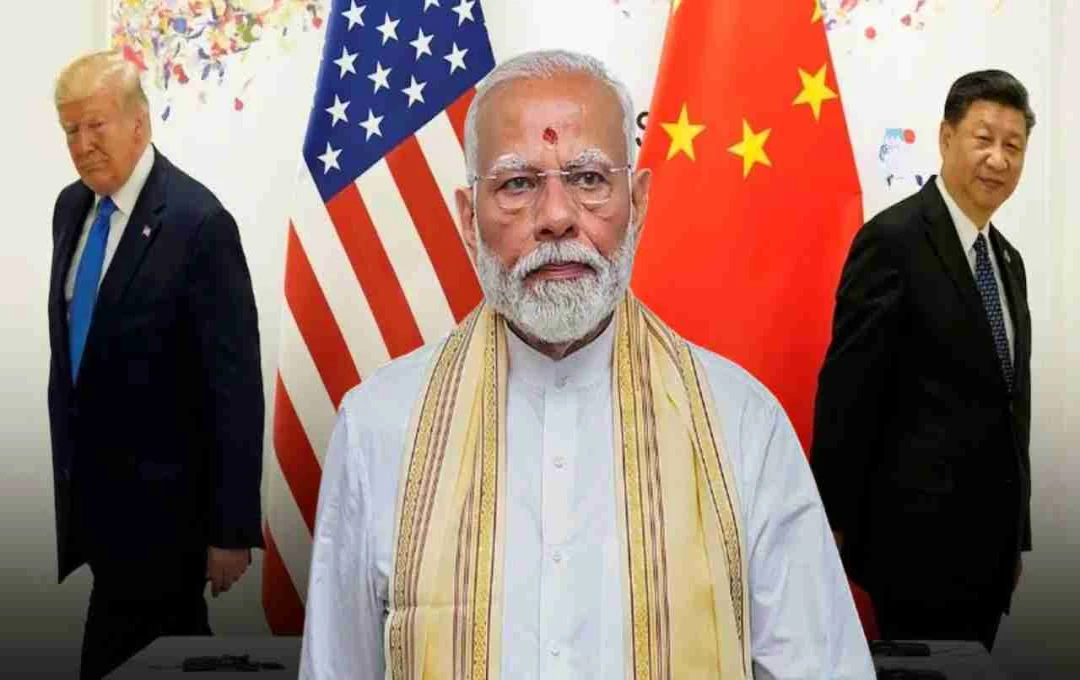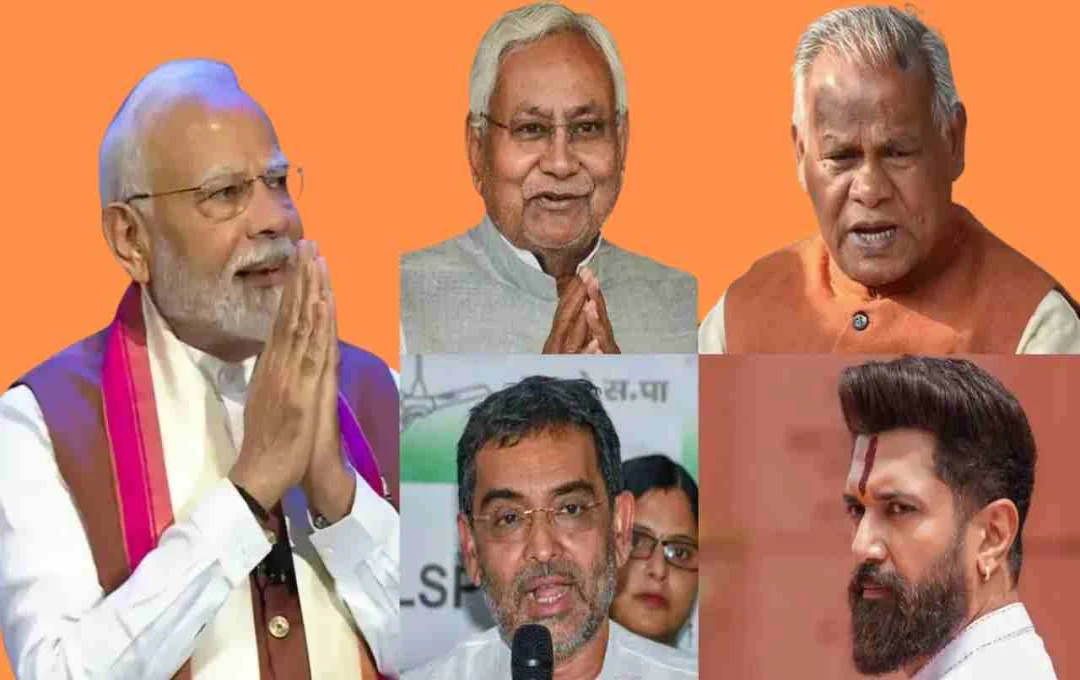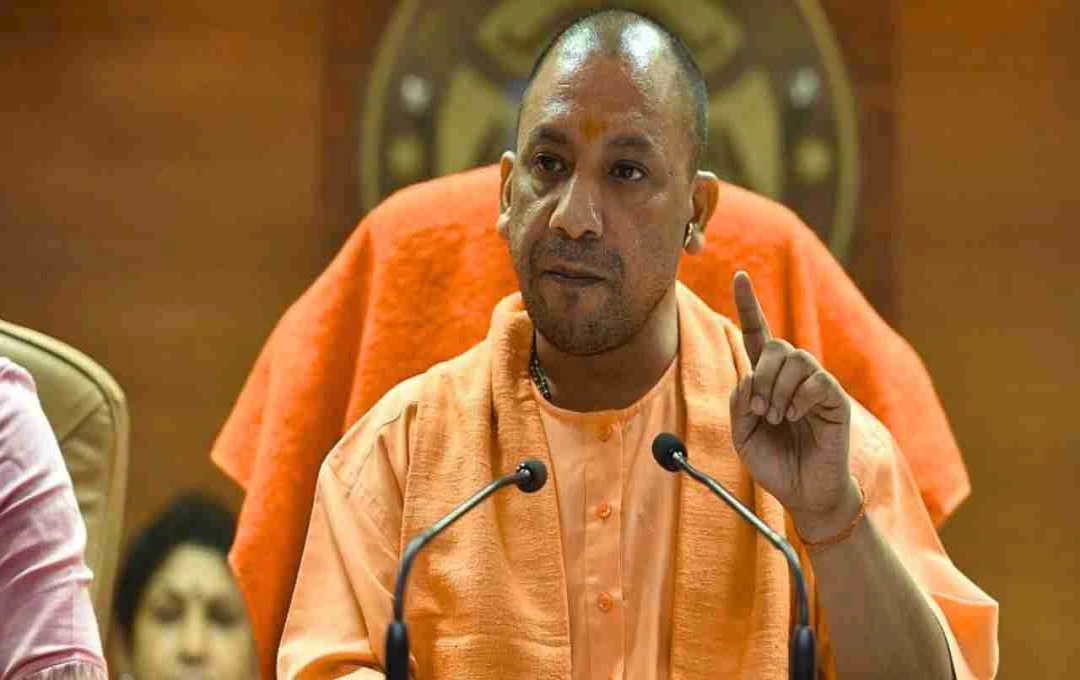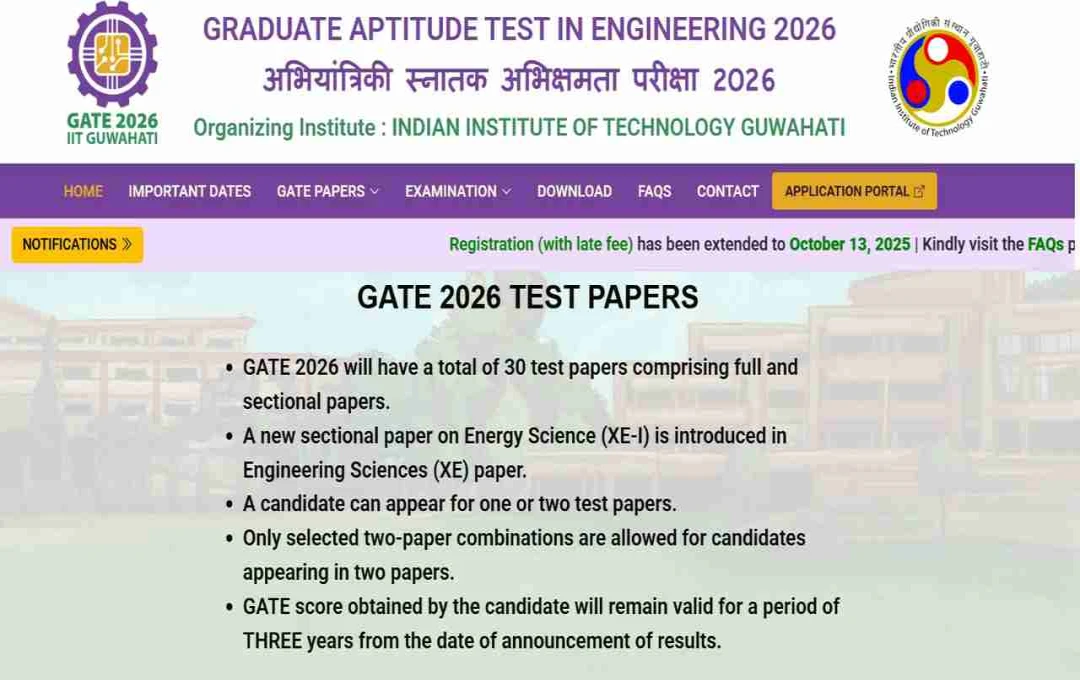Union Home Minister Amit Shah issued a statement on the law concerning jail terms for PMs, CMs, and ministers. He stated that if bail is not granted in any serious case, the concerned leader will have to resign from their post. The provision of 30 days to obtain bail and the oversight of the higher judiciary are intended to ensure accountability in a democracy.
New Delhi: Union Home Minister Amit Shah has shared important information regarding the proposed jail law for PMs, CMs, and ministers. Shah clarified that if a serious case is registered against a Prime Minister, Chief Minister, or minister, they will have 30 days to obtain bail. He also said that if the case is false or fabricated, the High Court or Supreme Court will immediately take cognizance of it. He stated that if bail is not granted by the court, the concerned person will have to resign from their post.
Amit Shah said that this law will apply equally to everyone, not just the opposition or the ruling party. Its purpose is to maintain the dignity of democracy and prevent the abuse of power.
PM-CM Will Have to Resign If Imprisoned
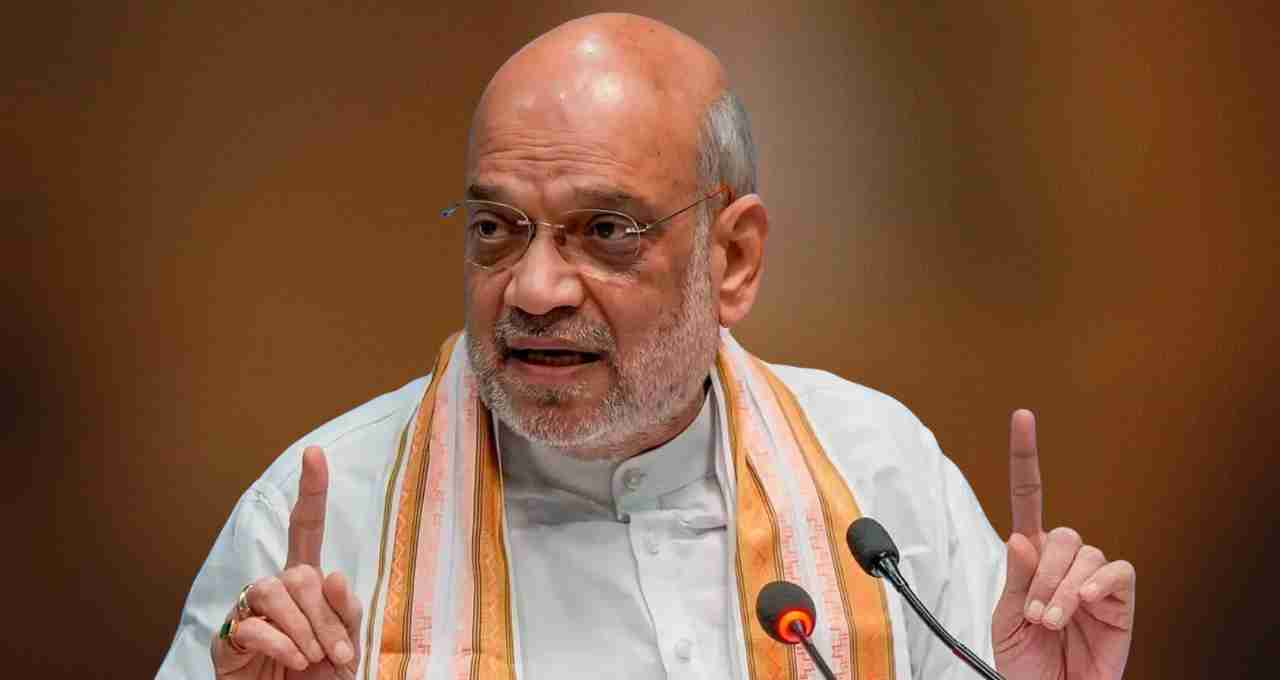
Amit Shah explained that the 130th Constitutional Amendment proposed by Prime Minister Narendra Modi also includes the post of Prime Minister. According to this amendment, if the Prime Minister goes to jail, they will also have to resign from their post. Shah described this as a symbol of democratic accountability and said that the government wants to implement the same rules for everyone, whether they are in the ruling party or the opposition.
Shah also targeted the opposition, saying that not presenting any bill or constitutional amendment in Parliament is not appropriate for democracy. He clarified that Parliament is a forum for debate and discussion, not for commotion or uproar. He cited past examples, saying that he too has protested, but has never adopted the mentality of preventing a bill from being presented.
30-Day Bail Period for Leaders
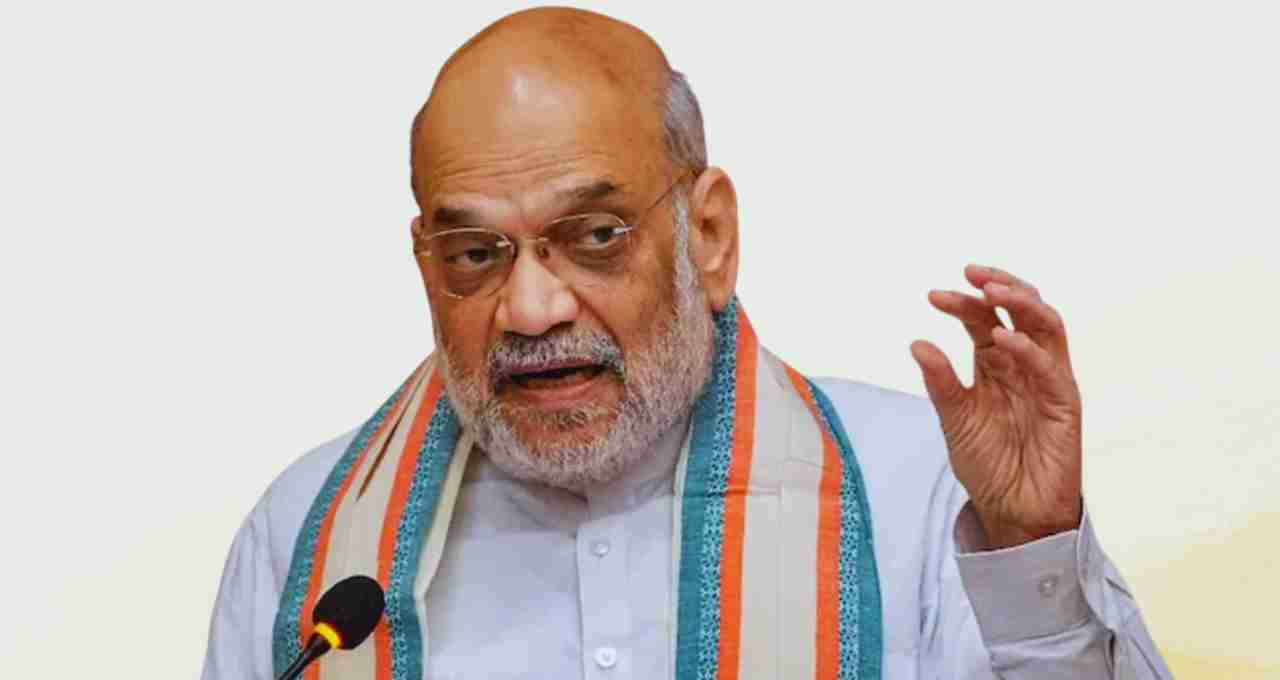
Emphasizing the 30-day bail period, Amit Shah said that this gives the judiciary sufficient time to make a correct decision on bail. He said that this provision is not a means of removing a leader from office before they are convicted, but rather an attempt to ensure accountability in democracy while respecting the judicial process.
Shah gave the example that several leaders had to resign after going to jail after independence. He also mentioned Aam Aadmi Party leader Satyendra Jain, who did not get bail for a long time in his case. He stated that the process will be clear and fast in the new law, so that no one has to face unnecessary troubles.
No Action Will Be Taken on False-Minor Charges
The Home Minister also clarified that a minister or chief minister will not be required to leave office on minor or false charges. The law will only apply in cases where there is a provision for a sentence of 5 years or more. Shah said that the Representation of the People Act of India already has a provision that if an elected representative is sentenced to two years or more, their membership is terminated.
He said, "Can a Chief Minister, Prime Minister or Minister run the government from jail? This is a serious question for the dignity and functionality of democracy." He also added that the aim of the law is to prevent people trapped in serious criminal cases from misusing power and to maintain the dignity of democracy.
